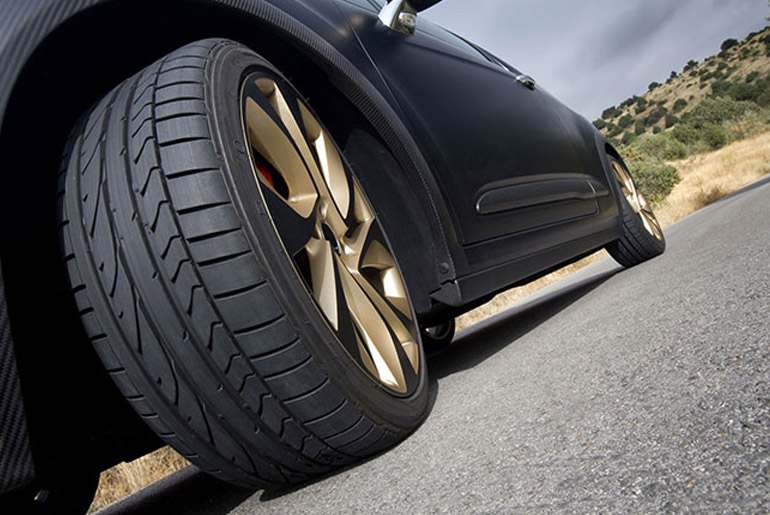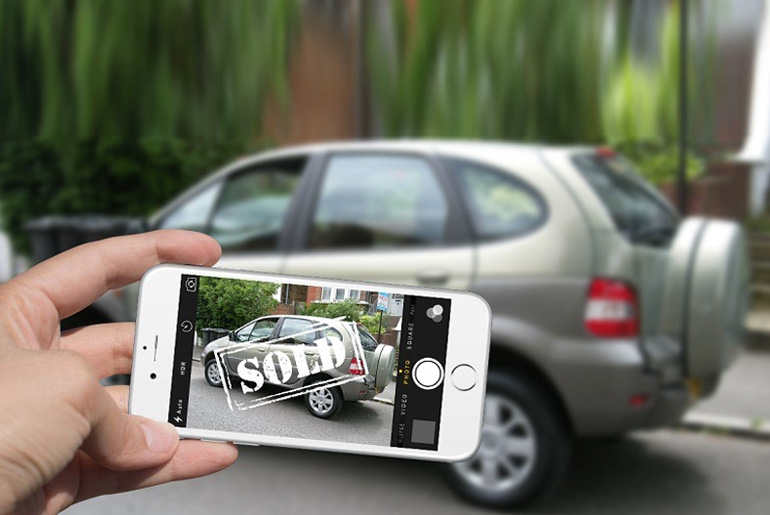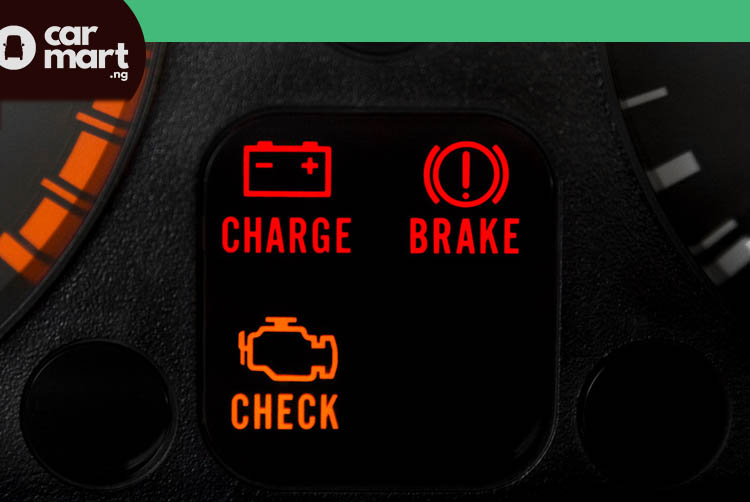Good tires are your primary line of defence against an accident. The average driver mistakenly assumes his or her vehicle’s tires are in good condition simply because there isn’t a flat. If your vehicle’s tires are not rotated at each oil change or if they are several years old, there is a good chance the time is right for new tires. The question begs: How can you tell if your tires need to be replaced?
Table of Contents
Let’s take a quick look at a few of the most common signs that you need to get your tires replaced.
Buy top trending Car accessories in Lagos and Original Korea Battery now Check @carfanzy Lagos on Instagram
Uneven Tire Wear
Tires that do not wear evenly require replacement. Uneven tire tread wear makes it that much more difficult to reach a full stop in a timely manner. Such uneven tread wear is also an indication that the vehicle requires alignment. Have your tires with uneven treads replaced today and you will hit the road in full confidence knowing your tires won’t fail when you need them the most.
Noise When Driving
Noise that occurs as you drive is one of the most glaring warning signs of tire issues. Turn down your radio, lower the windows and listen to your vehicle as you drive. Noise stemming from the tires is sometimes caused by the tires’ additional surface area that contacts the road when the tread dissipates or ends up completely depleted. You can distinguish noise emanating from your vehicle from that road noise by listening closely to see if the noise increases and decreases in volume based on your speed.
Bulges or Cracks
Cracks or bulges in a tire sometimes result from stiffening when the temperatures dip down low. A couple of winters can easily lead to cracking within the tire’s sidewall. Bulges commonly occur when air moves between the tire lining and the outer rubber. If you find any cracking or bulging in your tires.
Air Pressure Problems are Becoming More Frequent
Though low tire pressure is not caused for concern if it occurs every now and then, repeated air pressure issues are problematic in the winter when the temperatures decrease. Such pressure issues are an indication that there is a puncture within the tire. Be on the safe side by leaning on our tire team for guidance.
Vibrations
Vibrations are one of the most common symptoms of bad tires. Vibrations that occur at a high frequency and those that cause you or your passengers to feel uncomfortable are an indication that the tires might be damaged, the suspension might have a problem or the alignment might be off. Reach out to our tire care experts for analysis and we will determine if there is anything wrong with your vehicle’s tires.
Bubbles or Blisters
A tire with a bubble or blister is a tire that requires prompt replacement. Bubbles are a sign that the interior of the tire has suffered damage. Such bubbling commonly occurs after striking curbs and other objects. However, you might not have to bear the entire burden of the cost of new tires after hitting a curb. Take a look at the warranty to see if your tires are still covered.
Tire Age
If you are uncertain as to how old your vehicle’s tires are, check your files. It is better to be proactive rather than reactive by replacing old tires before they cause safety issues on the road such as flats and blowouts. New tires typically last between three and four years. However, if you drive at a high frequency or at high speeds, your tires might only last a couple of years or less. Bring your vehicle to our team and we will determine if the time is right to replace your aged tires.
How To Care For Your Car Tires
Proper tire maintenance is essential for the safety and longevity of your vehicle. Here are some tips to care for your car tires:
- Check tire pressure regularly: Use a tire pressure gauge to check your tire pressure at least once a month. Underinflated tires can lead to reduced fuel efficiency and tire wear, while overinflated tires can lead to a rougher ride and reduced traction.
- Rotate your tires: Have your tires rotated every 5,000 to 7,500 miles to ensure even wear and extend the life of your tires.
- Check for signs of wear and damage: Check your tires regularly for signs of wear, such as uneven tread wear, cracks, punctures, or bulges. If you notice any of these issues, have your tires inspected by a professional.
- Align your wheels: Misaligned wheels can cause uneven tire wear, reduced fuel efficiency, and poor handling. Have your wheels aligned every 10,000 to 12,000 miles or if you notice your vehicle pulling to one side.
- Avoid overloading your vehicle: Overloading your vehicle can cause excessive tire wear and reduce the lifespan of your tires. Check your owner’s manual for the recommended weight limit for your vehicle.
- Drive responsibly: Abrupt stops, fast turns, and speeding can cause excessive tire wear and reduce the lifespan of your tires. Drive responsibly and follow posted speed limits to help extend the life of your tires.
- Replace worn tires: When your tires are worn down to the wear bars or have other signs of excessive wear or damage, it’s time to replace them. Driving on worn tires can be dangerous and increase your risk of a blowout or accident.
By following these tips, you can help ensure that your tires last longer, perform better, and keep you safe on the road.
Have 1 million naira and above to Buy or Sell Cars In Nigeria? Check Carmart.ng RIght Now
All rights reserved. Reproduction, publication, broadcasting, rewriting, or redistribution of this material and other digital content on carmart.ng is strictly prohibited without prior express written permission from Carmart Nigeria - Contact: [email protected]
Stay informed and ahead of the New Car info! Follow The Carmart Blog on WhatsApp for real-time updates, Cheap Cars, and Latest new car content. Don't miss Any –
Join The Carmart Blog Channel








